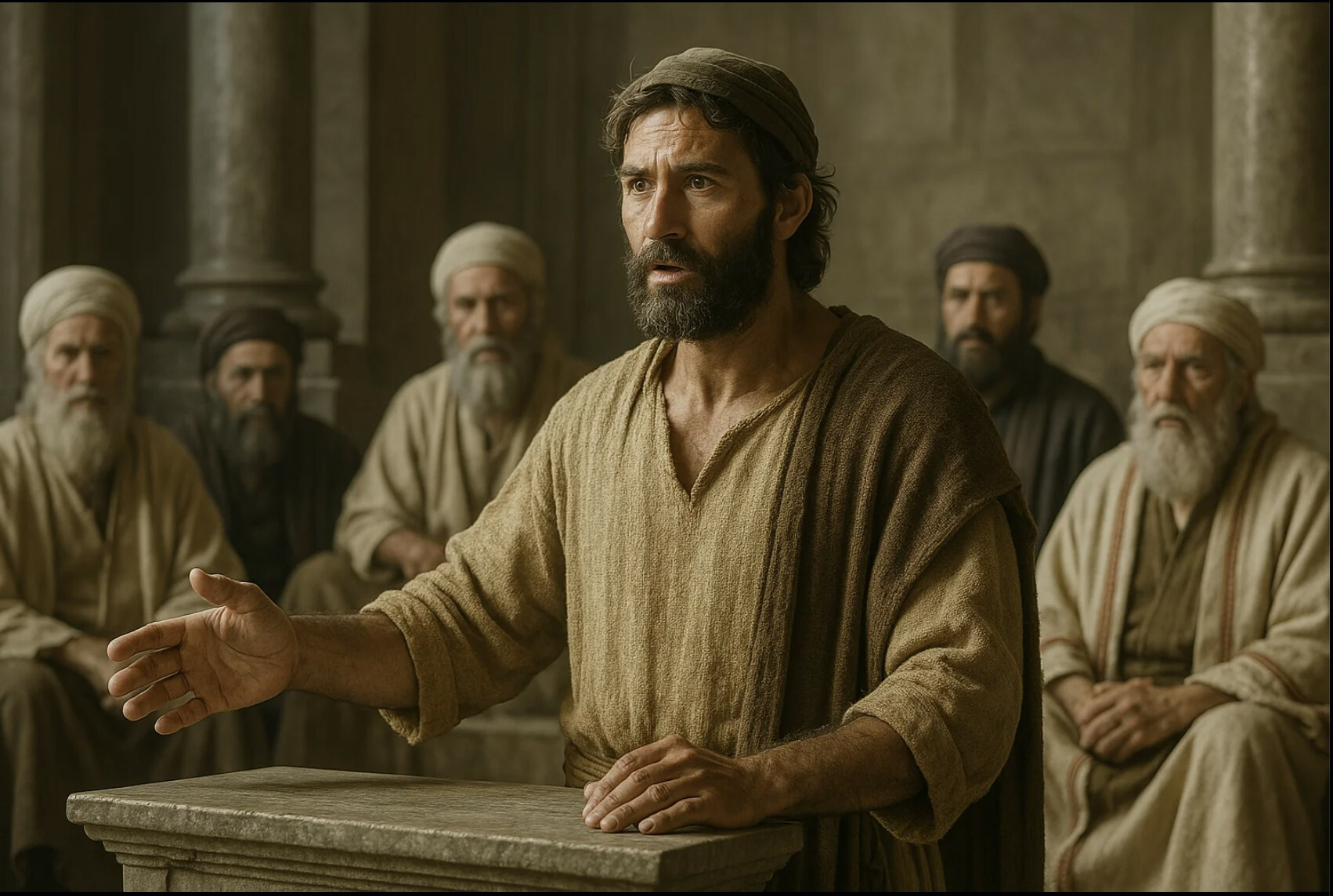
We are so excited to begin this journey together through the book of James. Let me take a moment to describe what an inductive Bible study is, especially for those who may be unfamiliar. If you’re already familiar, feel free to skip this introduction!
An inductive Bible study is a method of exploring Scripture that emphasizes letting the text speak for itself. Through careful observation, interpretation, and application, we aim to uncover the meaning of the text as intended by its original author—in this case, the Apostle James, half brother to Jesus, [not to be confused with James, son of Zebedee, of the original twelve apostles]. This approach is interactive and discussion-driven, encouraging us to engage deeply with God’s Word and apply its truths to our lives. For this study, we’ll stay focused on the target text or sripture itself without introducing outside passages or scriptures.
The lesson plan for each session will be on a single sheet of paper (except for the first session, where there will be additional handouts). Each sheet includes:
- An introductory summary and helpful visual guide.
- The target scripture verses for the week.
- Six questions: one on word repetition, two on observation, two on interpretation, and one on application, with space to jot notes.
Week 1: Trials and Perseverance
Week 2: Listening and Doing
Week 3: Favoritism Forbidden
Week 4: Faith and Works
Week 5: Taming the Tongue
Week 6: Two Kinds of Wisdom
Week 7: Submitting to God
Week 8: Warning to the Rich & Patience in Suffering
Week 9: The Power of Prayer
We want to make this time as meaningful and engaging as possible. While the structure is flexible, here’s a general outline of how our sessions will flow:
- Come early to enjoy fellowship, coffee and a pastry.
- 11:00 - 11:05: Opening and prayer. [Sometimes, if you're lucky, there may even be a skit performed by highly untrained actors.]
- 11:05 - 11:20: Reading of the target scripture. We may also use a dramatized audio version from Bible Gateway to enhance the experience. Here’s an example: Bible Gateway Dramatized Audio. Participants will then spend 5-10 minutes in quiet personal reflection on the handout’s six questions.
- 11:20 - 11:30: Round table discussions based on the handout questions.
- 11:30 - 12:00: Open group discussion to share insights and explore the passage together.
- 12:00 - 12:15: Final reflections and application, ending with prayer led by Kevin or a volunteer.
For those who participated in the 2025 Galatians course, this study will follow a similar format.
Facilitators and Format
Bible Study Framework
Here are the four key steps we’ll follow during our study:
- A. Repetition: Identify key or repeated words that highlight significant themes in the passage.
- B. Observation: What does it say? Pay attention to words, phrases, and context to fully grasp the content.
- C. Interpretation: What does it mean? Understand the original context and its enduring truths.
- D. Application: What difference does it make? Consider how the passage challenges or encourages us to grow and live out our faith.
Our ultimate goal is for each of us to leave with a deeply meaningful and transformative application that enriches our lives and deepens our faith.
Looking forward to an incredible season of growth and fellowship as we explore the book of James together!
Blessings,
Matt








Login To Leave Comment